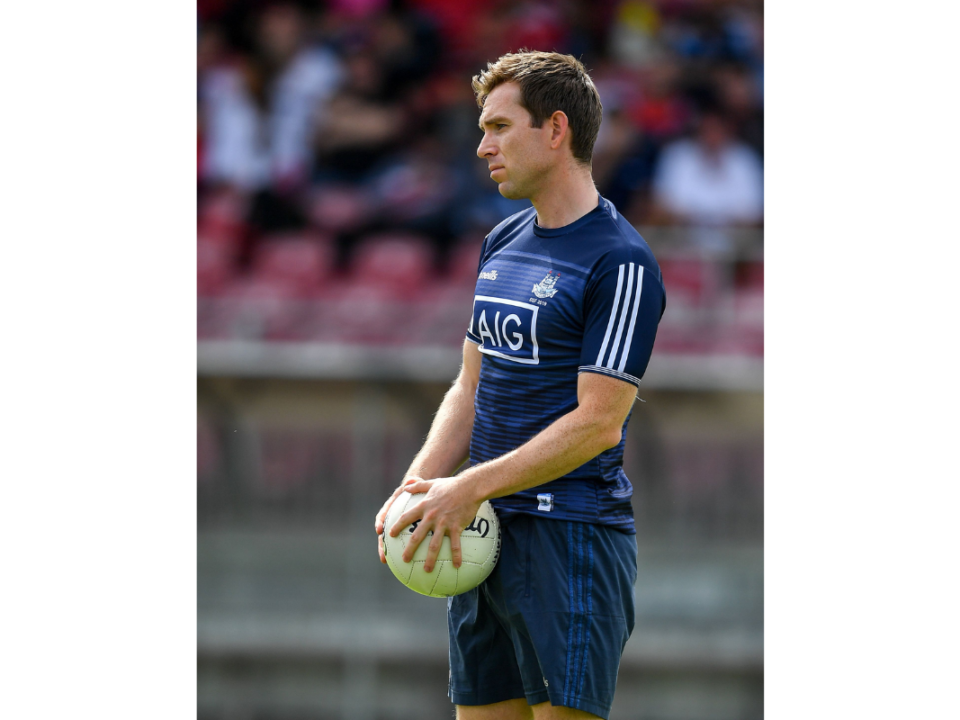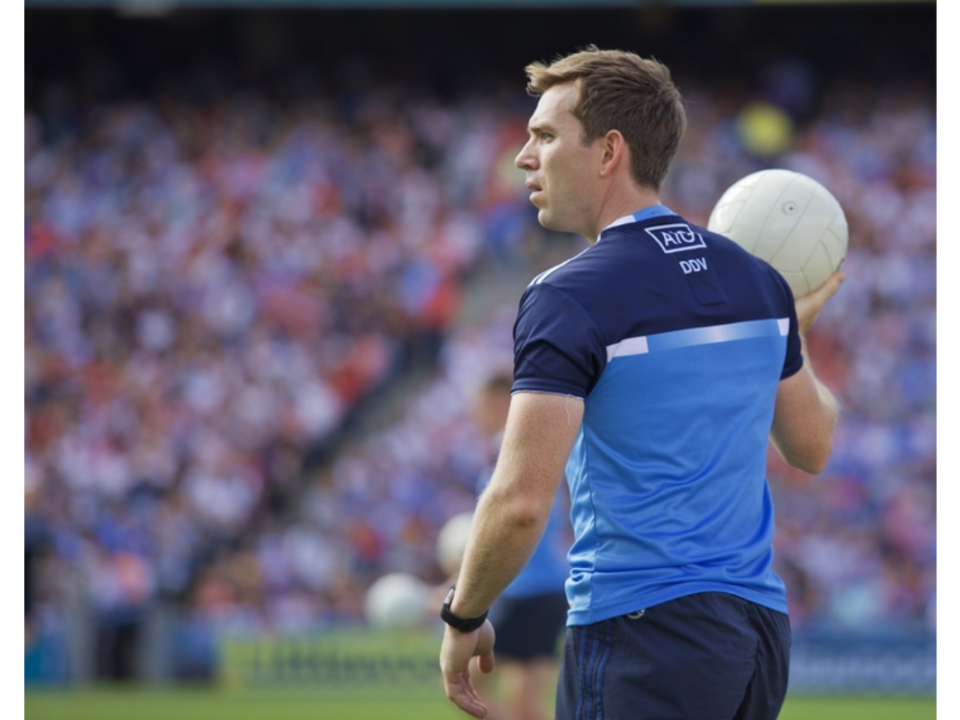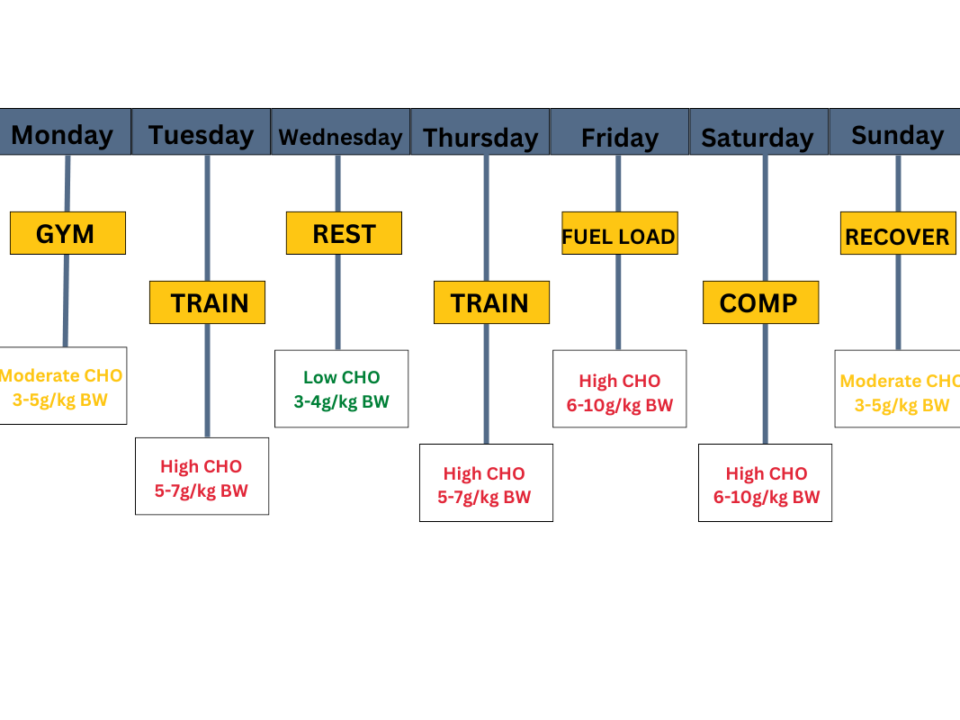What is reflection and why is it important?
Reflection in the context of habits and routine can be described as a ‘tool’ to produce a change in your practice or behaviours to bring about an improvement. This improvement is ultimately about understanding what works in your routine, what doesn’t and why you make the decisions you do. The more you understand why you do certain things the easier it is to change a behaviour. It is described in the book ‘Reflective Practice in the Sport and Exercise Sciences’ as experiences being converted into learning.
In my work with athletes and clients I ask them to connect the behaviours and habits they have to the positive or indeed sometimes negative decisions they make. The aim is to help them understand how certain emotions and events make them feel and how those emotions can lead to certain decisions they make. Reflection is about ‘the power of self-discovery’ and learning about yourself in a way that is holistic. It is a wonderful feeling when a person who is practicing reflections says the words, ‘I realised this’ or ‘I made the connection between an emotion and a decision’. In simple terms it could be I ate too many biscuits because I was stressed or I reached for the quickest food option I could find because I had left too much time between meals.

Reflection does not have to follow a strict format but having a big picture view and a small picture view is helpful. I have heard some well-known public speakers call this ‘birds eye’ and ‘worm’s eye’. In the context of health this could be how you are working towards the longer-term version of yourself and in the short term this could be your daily and weekly tasks. I am going to share with you some of the main things that help me change my own habits and also help athletes change theirs.
Simple tips for effective reflective practice:
1. Purchase a journal you really like.
This almost feels silly, why would having a nice journal make a difference? In my experience the more I value or like the thing I am using the more likely I will be to look after it and engage with it.
2. Don’t rush it!
Take your time, make your reflection time part of your daily routine. Reflective practice should become a habit; it shouldn’t feel like a chore. Try to allocate some time straight after your training, matches, work or focused session to review things and write down the main points, when they are fresh in your head.
3. Use a simple structure.
Using a simple format to structure your reflective practice should help to make it manageable. For example – What went well? What didn’t go well? Changes for next time? Structure your reflections into logical segments which will reveal the story of what happened and why, and what might need to be changed or kept the same for next time.

4. Find a mentor or someone to discuss your reflections with. Choose someone who you respect and trust and who understands your development needs. Often the best mentors are those who can be completely honest in a non-threatening or offensive manner and who can encourage you to reflect purposefully. Mentors are people who you can trust and encourage us in our strengths and challenge us in our areas of development.
5. Find a system that works for you and suits your preferred learning style. If you don’t have your own personal approach it’s harder to keep it up and it will revert back to being a chore. For example, if you prefer to talk and share your reflections then speak to someone; if you’re more of a visual learner then use imagery or even record yourself and watch it back; if you prefer to write your reflections down then keep a reflective journal and track your reflections over a few months to see if themes emerge.
6. Recognise your emotions and feelings.
Consider the timing and your state of mind when you reflect. Be aware that the timing and feelings at that time can often drive your reflective assumptions, so try to evaluate your progress at a time when you are objective, not stressed, tired or too emotionally involved in your activities. Think about how you felt first, then break down what actually happened, alleviating some of the emotional factors involved such as anxiety or your expectations.
7. Reflect on positives and negatives.
It is easy to only reflect with intent when we have a negative experience or when something goes wrong. Make sure you reflect on both the positives and the negatives. Record the positive things that happen – we need to encourage ourselves and our colleagues in order to build up confidence and expertise. We do want to see progress, but reminding ourselves ‘why’ we do what we do is important when things are not going exactly how we want them.
8. Share your learning!
I am fortunate to have a platform in daveynutrition that I can share my thoughts and of course many friends and colleagues. Your sharing does not need to be with a mentor or coach it can be online, group sessions or simply with friends or family. This will enhance the depth and scope of your learning which is more rounded and will benefit you and others.
9. Make it fun!
Enjoy the process of reflection and learning. View the difficult experiences as learning curves that all contribute to sharpening your skills and helping you to fulfill your goals. In my experience the embarrassing and cringy moments are the ones I remember most because of the emotions attached to them.

Here you can watch what I have to say about The Power of Reflection and The Power of Self Talk.
This is the reflection chart that I use with my clients. Feel free to print it off and use it for your own reflective practices:

Reference
Knowles, Z., Gilbourne, D., Cropley, B. and Dugdill, L. eds., 2014. Reflective practice in the sport and exercise sciences: Contemporary issues. Routledge.









